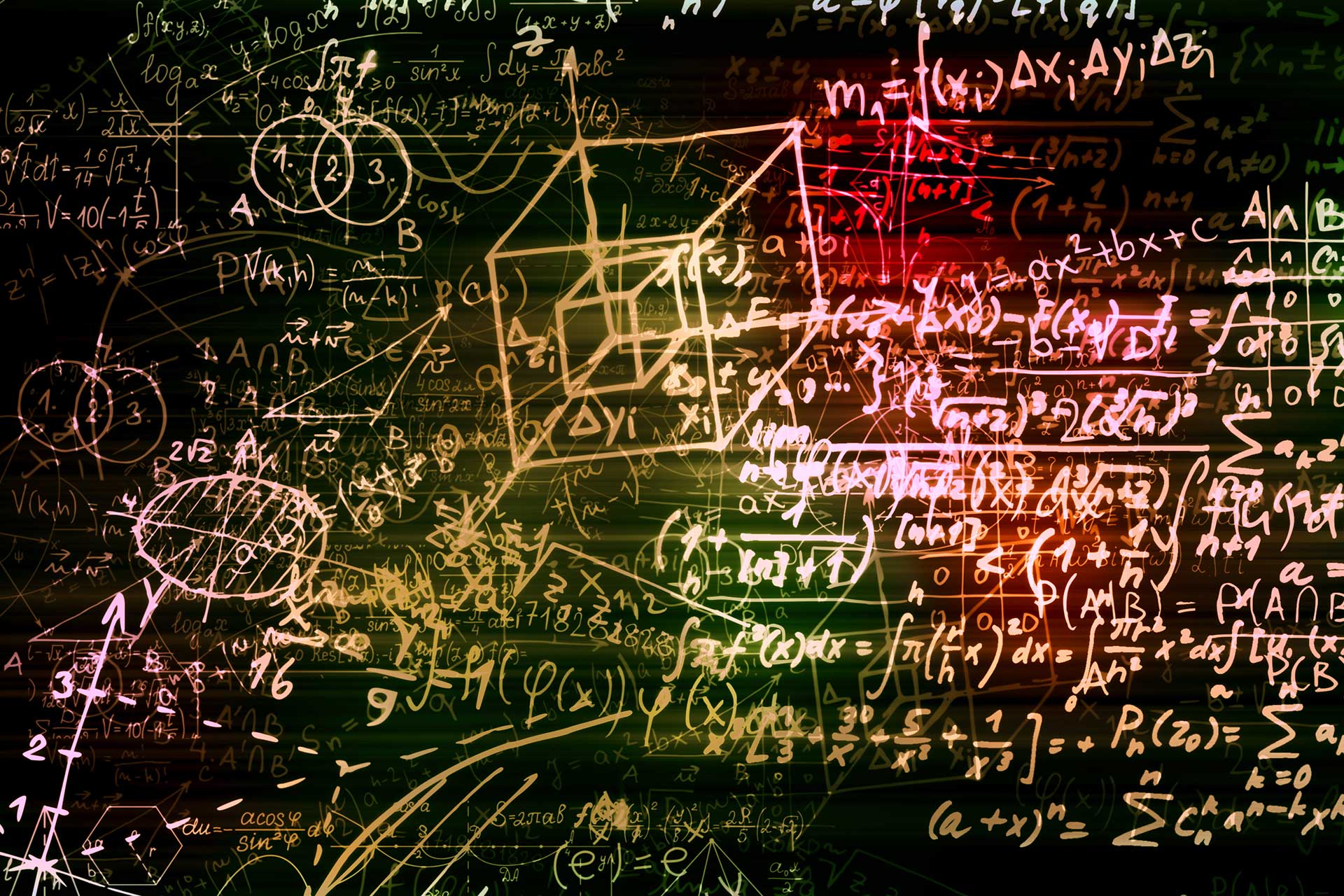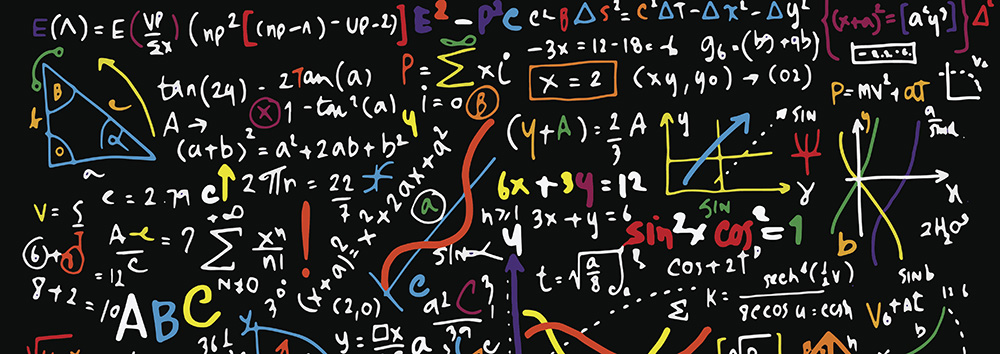IB DP- Mathematical Studies (SL)
It is a requirement of the programme that students study at least one course in mathematics. Students can only study one course out of three in mathematics. All DP
mathematics courses serve to accommodate the range of needs, interests and abilities of students, and to fulfill the requirements of various university and career aspirations.
The aims of these courses are to enable students to:
- Develop mathematical knowledge, concepts and principles
- Develop logical, critical and creative thinking
- Employ and refine their powers of abstraction and generalization.
Students are also encouraged to appreciate the international dimensions of mathematics and the multiplicity of its cultural and historical perspectives.
In this article we discuss Mathematical Studies
The IB DP mathematical studies standard level (SL) course focuses on
important interconnected mathematical topics. The syllabus focuses on:
placing more emphasis on student understanding of fundamental concepts than on symbolic manipulation and complex manipulative skills;
giving greater emphasis to developing students’ mathematical reasoning rather than performing routine operations; solving mathematical
problems embedded in a wide range of contexts; using the calculator
effectively. There is an emphasis on applications of mathematics and
statistical techniques. It is designed to offer students with varied mathematical backgrounds and abilities the opportunity to learn important
concepts and techniques and to gain an understanding of a wide variety
of mathematical topics, preparing them to solve problems in a variety of
settings, develop more sophisticated mathematical reasoning and enhance their critical thinking.
Aims of the Course
The aims of all DP mathematics courses, according to the official subject brief, are to enable students to-
• Enjoy and develop an appreciation of the elegance and power of mathematics
• Develop an understanding of the principles and nature of mathematics
• Communicate clearly and confidently in a variety of contexts
• Develop logical, critical and creative thinking, and patience and persistence in problem-solving
• Employ and refine their powers of abstraction and generalization
• Apply and transfer skills to alternative situations, to other areas of knowledge and to future developments
• Appreciate how developments in technology and mathematics have influenced each other
• Appreciate the moral, social and ethical implications arising from the work of mathematicians and the applications of mathematics
• Appreciate the international dimension in mathematics through an awareness of the universality of mathematics and its multicultural and historical perspectives
• Appreciate the contribution of mathematics to other disciplines, and as a particular “area of knowledge” in the TOK course.

Curriculum Model Overview
Topic 1
Numbers and algebra
Recommended teaching hours- 20
Topic 2
Descriptive statistics
Recommended teaching hours- 12
Topic 3
Logic, sets and probability
Recommended teaching hours- 20
Topic 4
Statistical application
Recommended teaching hours- 17
Topic 5
Geometry and trigonometry
Recommended teaching hours- 18
Topic 6
Mathematical models
Recommended teaching hours- 20
Topic 7
Introduction to different calculus
Recommended teaching hours- 18
Project
An individual piece of work involving the collection of information or the generation of measurements, and subsequent the analysis and evaluation.
Recommended teaching hours- 25

Assessment Model
Having followed the mathematical studies SL course, students will be
taught to and learn to demonstrate the following-
• Knowledge and understanding: recall, select and use knowledge of mathematical facts, concepts and techniques in a variety of contexts.
• Problem-solving: recall, select and use knowledge of mathematical skills, results and models to solve problems.
• Communication and interpretation: transform common realistic contexts into mathematics; comment on the context; create mathematical diagrams, graphs or constructions; record methods, solutions and conclusions using standardized notation.
• Technology: use technology accurately, appropriately and efficiently to explore new ideas and to solve problems.
• Reasoning: construct mathematical arguments through use of precise statements, logical deduction and inference, and by the manipulation of mathematical expressions.
• Investigative approaches: investigate unfamiliar situations involving organizing and analysing information or measurements, drawing conclusions, testing their validity, and considering their scope and limitations.
Want to improve your grades? Request for one to one online tutoring at Vidyalai.com with the best IB teachers. 100% money back guarantee. Request your first lesson now!